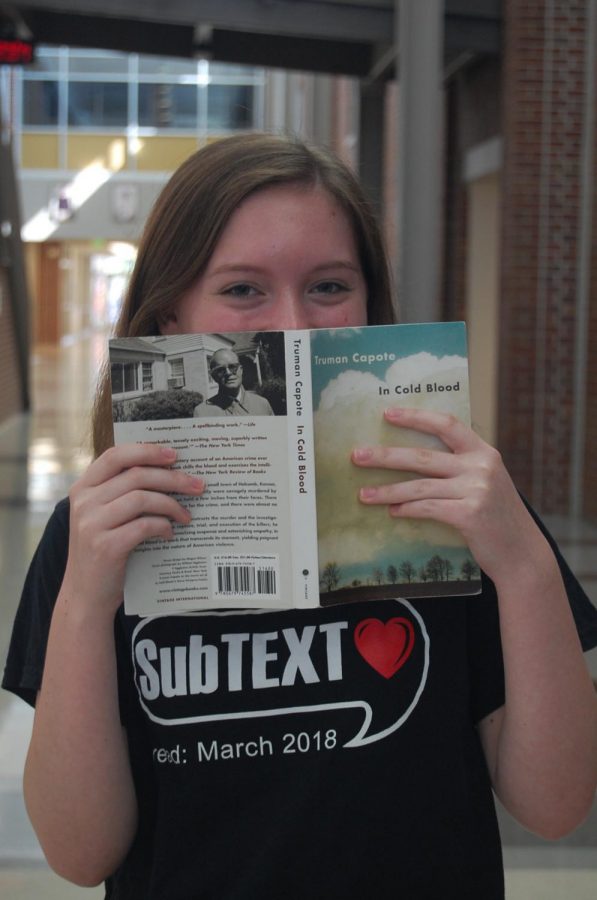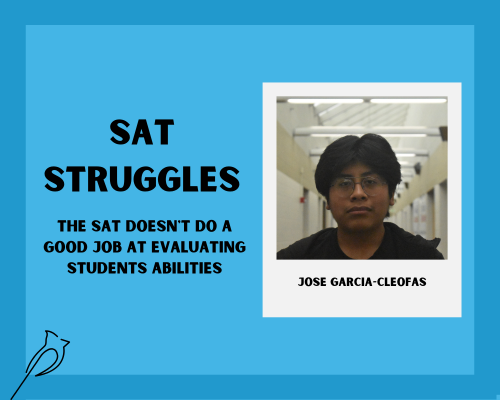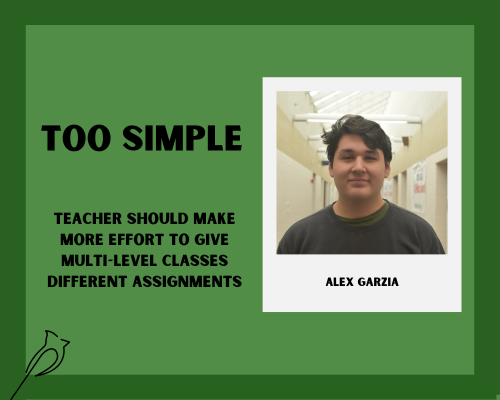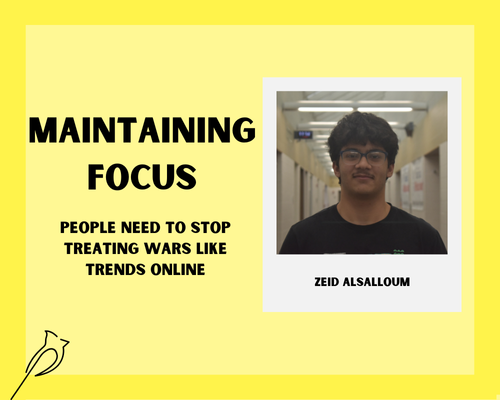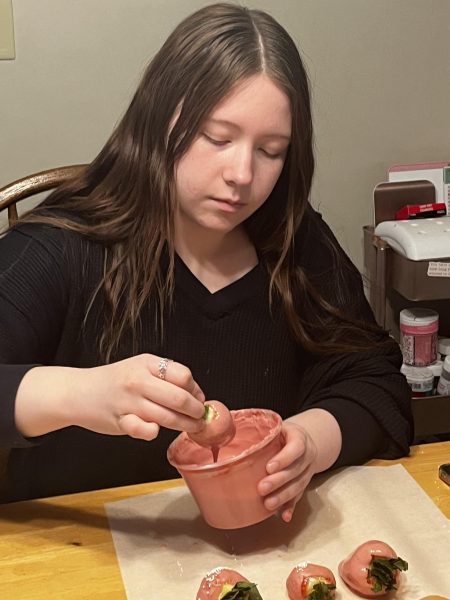Reading should be made a priority
When I entered high school, I hit a reading slump.
To clarify, I’m not referring to a few weeks without books. I mean months on end, reading nothing but the assignments I had from classes. At the time, it hardly mattered. I was busy. Homework was nonstop and life felt like a blur. It was easy to let reading fall by the wayside.
Then, during the second semester of sophomore year, my class was asked to read “In Cold Blood” by Truman Capote. I wasn’t particularly excited about it. After all, it was only another burden to add to my seemingly interminable load of schoolwork. Despite my apprehensions, I surged ahead, promising myself I would read the novel in its entirety and avoid Sparknotes at all costs. And I’m so glad I did.
“In Cold Blood” reminded me why I loved reading. It kept me up late at night, leaving my mind racing about the Clutter family murders instead of wondering about the latest posts on social media. The experience taught me that I couldn’t let reading fade into the background anymore. Sure, it was easy to go home after school and watch Netflix, but it was so much more rewarding to go home and dive into a novel. Not only does reading entertain us, but it also opens our minds and educates us in a way unique to the written word. It must be prioritized.
If you don’t want to read for sheer enjoyment of the activity, try reading for your health. A 2016 study conducted by the Yale School of Public Health found that people who read books live on average two years longer than people who don’t. There aren’t many hobbies that can also expand your lifespan, so I would take advantage of the opportunity. All it takes is a trip to the nearest bookstore or library.
While there are many other technical reasons to set aside time for reading in your life, there are also social and emotional benefits. Books introduce you to new experiences and ways of life. They open up your worldview. I’m currently reading “Memoirs of a Geisha” by Arthur Golden, and it has taught me something I never thought I’d learn about: Japanese culture prior to and during World War II. It’s an odd subject, not one that typically comes to mind when listing topics I’m interested in, but it has been an extremely worthwhile read. I have further insight into a real historical event by way of a fictional work. Increasing my knowledge by simply reading a novel is a satisfying experience, and I’ve found that I always feel more productive and outgoing after doing so.
You’re under no obligation to pick up a book based on my anecdotal evidence. Fortunately, the facts back me up. A study published in “Science,” a well-regarded academic journal, concluded that reading literary fiction increases emotional intelligence and empathy. These attributes remain valuable your whole life, as they are applicable to work, family and even walking down the street. Reading can make you a better person all the way around.
If you’re ready to make the world of books a part of your daily life, start small. Read just 20 minutes of the book that has been collecting dust on your shelf and go from there. Finish the books assigned in class, because you never know which one will ignite (or in my case, reignite) your love of reading. Before you know it, books will feel like an essential part of your routine, and you’ll soon enjoy the benefits that go along with being a bookworm.

Hello! I’m Haley Miller, Editor-in-Chief of The Journal this year. I joined this publication all the way back at the end of my freshman year, and I can’t...


